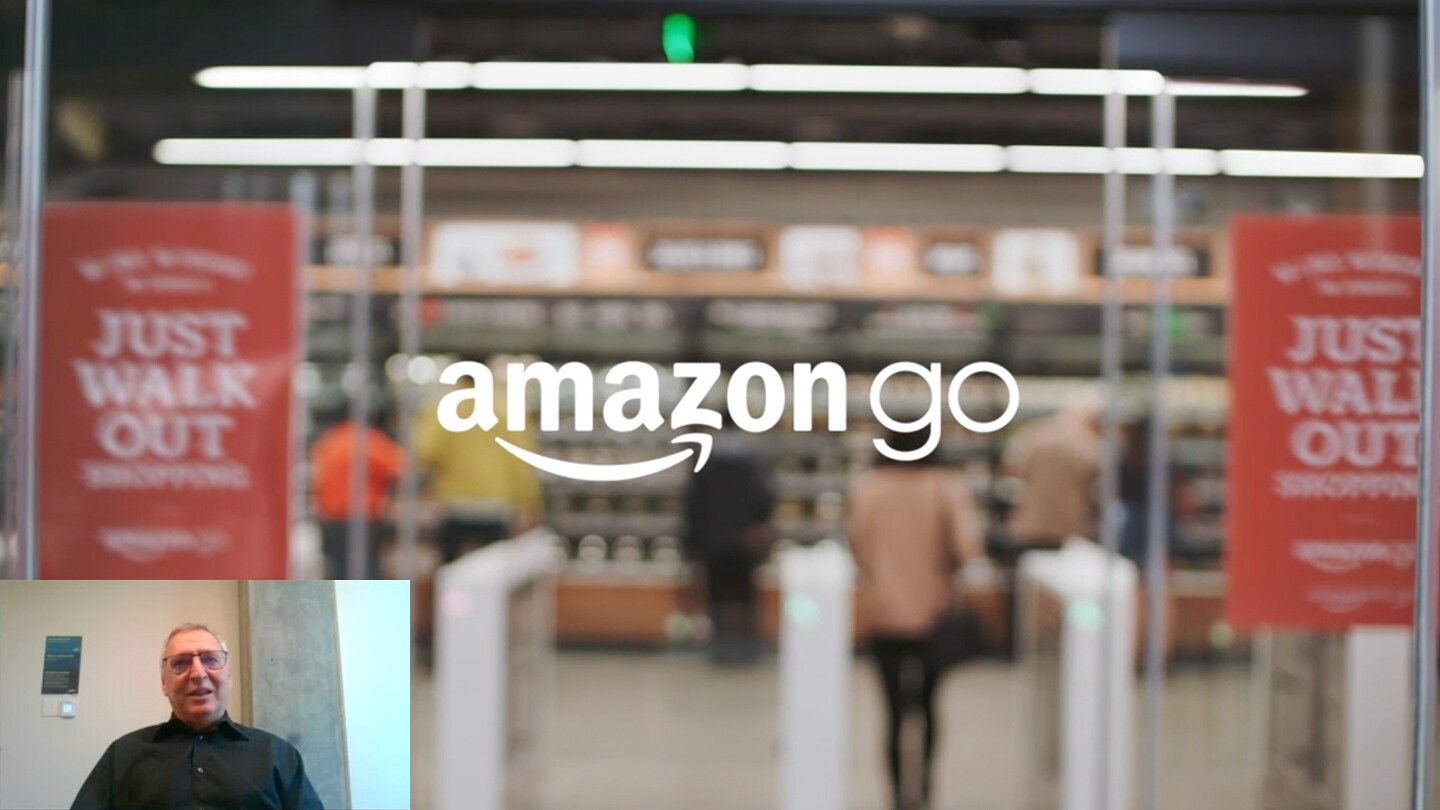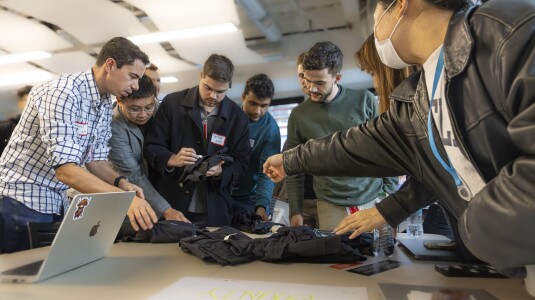On Oct. 14, Gérard Medioni, Amazon vice president and distinguished scientist, and emeritus professor at the University of Southern California (USC), presented a talk, “40+ Years of Computer Vision: A Personal Journey”, in which he discusses his work within academia, startups, and Amazon.
While not directly connected to the conference, the presentation is a component of Amazon’s online presence at this week’s International Conference on Computer Vision (ICCV), a premier international computer vision science conference.
ICCV paper presents new approach to controlling a GANs output
At ICCV 2021, Amazon’s Alon Shoshan, Nadav Bhonker, Igor Kviatkovsky, and Gérard Medioni presented a method for explicitly controlling properties of synthetic images produced by generative adversarial networks, such as camera angle, subject age, expression, and lighting. Learn more about their new approach.
Medioni, whose research interests span a broad spectrum of computer vision, joined Amazon in 2014 to lead development of technology to power Amazon Go, and most recently the Amazon One service, a convenient, contactless way for people to use their palm to make everyday activities such as paying at a store more effortless.
Medioni earned his PhD from USC, and served as chairman of the computer science department from 2001 to 2007. He is the recipient of the 2019 IEEE PAMI Mark Everingham Prize for contributions to the computer vision community. He also is a fellow of IAPR, the IEEE, and AAAI, and earlier this year was named a fellow of the Asia-Pacific Artificial Intelligence Association (AAIA).
He has published four books, many articles, and is the recipient of 42 patents. Most recently, he was General Chair of the 2020 Conference on Computer Vision and Pattern Recognition (CVPR), and the coauthor on two papers presented at this year’s conference.
In this one-hour presentation (view full presentation above), Medioni explains his “non Ivory Tower” approach to research during his USC academic career, five primary lessons learned while working with and for startups, and finally two examples — Amazon Go and Amazon One — of inventing on behalf of customers by starting with a clear understanding of the customer problem, and working backwards to address it.
In his talk, Medioni said the core of the Amazon’s approach to inventing on behalf of customers is embodied in a Jeff Bezos quote: ‘It’s not the customer’s job to invent for themselves, it is your job to invent on their behalf. You need to listen to customers, but they won’t tell you everything.”
As a result, Medioni says, you need to invent on their behalf, explaining that Amazon Go Just Walk Out technology addresses customers’ frustration with waiting in checkout lines, while Amazon One addresses the friction customers experience while paying for goods at physical stores.
In concluding his talk, Medioni says now is a “golden age” for computer vision research because of the ability to solve real problems with commercial applications, and because companies large and small are looking at computer vision “as a core technology to reinvent the future.”





